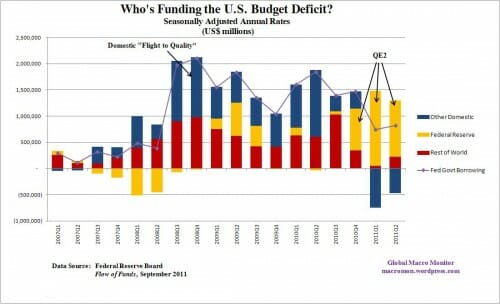Well, I finished Reamde this weekend. It was only OK. It is a straight up modern adventure book, like perhaps a Vince Flynn novel, chasing terrorists around the globe. I enjoy Stephenson for his big, sometimes outrageous ideas, his witty prose, and his love affair with the geek culture. Except for the latter, none of this is in evidence in this book. It is certainly a more popularly accessible book, but that is certainly not what I want from Stephenson.
Cryptonomicon and Snow Crash are among my favorite novels. One of the reason I liked them were for the prose he brought to bear on even (or especially) trivial topics. His long passages on eating Cap'n Crunch or getting wisdom teeth removed in Cryptonomicon are classics. I got very little of this kind of thrill in Reamde, made worse by the fact that there were just too many main characters, none of whom were very well developed for me.
At some points, this book held my attention, and at some points it dragged. The book in some ways is almost the same structure as a comedic farce -- a whole bunch of characters who are dragged along by events into increasingly unlikely circumstances. There is no looming event or goal that drives the narrative in a, say, Clancy novel. Its just a lot of falling into one mess after another. Its also a bit unseriousness - it feels like the teens in Scooby Doo chasing terrorists. (One problem is that Stephenson's bad guys are too likable - they are always smart and ironic gentlemanly - so its hard to get as worked up about heading them off as one might in a classic thriller).
Some playwright or critic once wrote (sorry, can't remember the name) that if you put a gun out on the stage in Act 1, someone better use it in Act 3. (OK, it was Chekov, though why he said "gun" rather than "phaser" is beyond me). In this book, Stephenson leaves guns unused all over the stage. In particular, Stephenson comes up with one of his patented interesting-crazy ideas of using an MMRPG to crowd-source security analysis. I felt sure that in the manhunts that followed, that particular gun would be picked up and used to help drive to the climax, but we never hear of it again. In fact, we learn a lot of interesting things about this game in the book, which seems to be absolutely central to the plot, but in the end turns out to be entirely peripheral, an early macguffin to kick start the plot.
Another example is the HUGE amounts of the book go to talking about an interesting social realignment happening in the game, to absolutely no end. OK, so characters have abandoned the good and evil alignments put in by the game masters for a new emergent faction division. I thought sure we would see some kind of real-world parallel to this happening in the book, or some insight drawn from this that helps solve the real world problem. Nothing.
Overall, a disappointing book I would not have finished had it not been by Stephenson.
Postscript: If you become interested in the dynamics of the MMRPG in the book, where there are no character levels (only a skill system) and money and money making is central to the the game, the closest analog I have ever seen is not a fantasy game but EVE Online, a space-based game (also, to a lesser extent, Star Wars Galaxies as well, but that is now defunct). EVE Online probably has the most interesting economy of any MMRPG I have played and I know they employ an economist who sometimes writes articles about his work.
